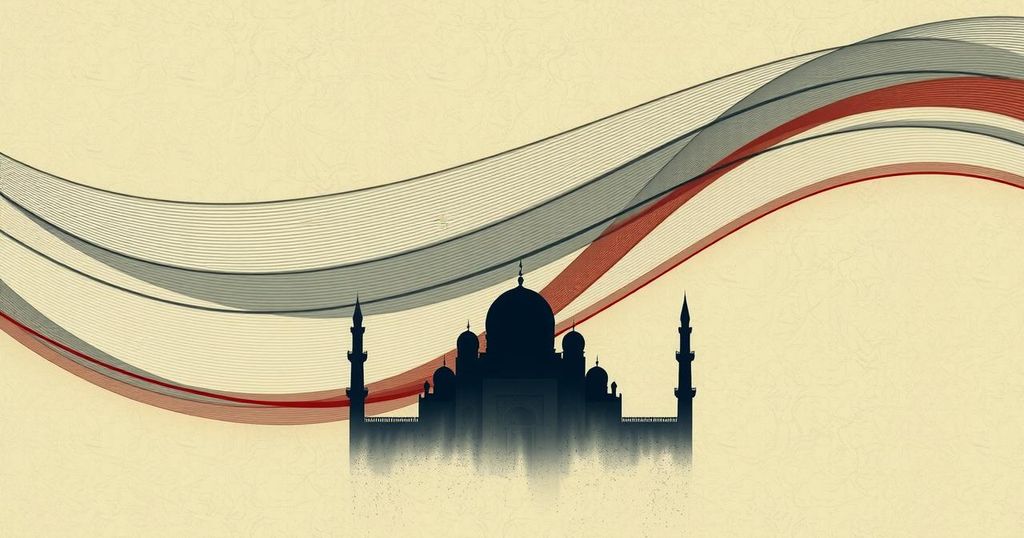Sweden has accused the Imam Ali Islamic Center of involvement in Iranian espionage, leading to the cessation of state funding. The center denies any ties to foreign influence while Iran protests the treatment of its representatives. This incident reflects a broader European concern regarding Iranian activities, with Germany also taking strict measures against espionage. Recent actions underscore a critical juncture in the response of Western nations to perceived Iranian threats.
On February 3, the Swedish government formally accused the Imam Ali Islamic Center in Stockholm of being involved in Iranian espionage activities, which are purportedly targeting both the nation and the Iranian diaspora. Minister for Social Affairs, Jakob Forssmed, indicated that the Swedish Security Service has identified the mosque as a national security threat. In response, the Swedish government will halt all financial aid to the center, citing that public funds must not support actions contrary to democratic principles.
The Imam Ali Islamic Center has firmly rejected the allegations, claiming to be politically neutral and asserting independence in its operations. The center stated online that it ensures vigilant oversight to prevent any misuse of its facilities, contesting all claims of foreign funding. Such denials highlight a significant tension surrounding the mosque amidst national security concerns.
In reaction to Sweden’s allegations, the Iranian Foreign Ministry summoned Sweden’s ambassador in Tehran, protesting the detention of the mosque’s head. The Ministry critiqued Sweden’s handling of the situation, alleging violations of diplomatic norms, including the detainee’s lack of access to family and diplomats. This incident illustrates escalating diplomatic frictions rooted in espionage concerns.
These accusations mirror a growing apprehension among European countries regarding Iranian influence and operations. Recently, Germany has also intensified its scrutiny of Iranian espionage, ordering the closure of its Iranian consulates after the execution of a dual citizen. Such actions underscore a broader trend in Europe cautiously navigating the geopolitical threat posed by Iranian interventions.
Germany’s proactive stance includes extensive investigations into Iranian regime intelligence activities, specifically focusing on individuals linked to the Mustafa International University in Berlin. There have been systematic investigations of covert networks believed to facilitate espionage operations for Iran’s Quds Force. Recent police raids indicate a serious commitment to addressing security risks associated with foreign intelligence efforts.
The claims made by Sweden against the Imam Ali Islamic Center accentuate a mounting urgency about Iranian espionage in Europe. In conjunction with Germany’s robust measures against similar threats, these developments underline a critical moment in Western nations reevaluating their responses to potential risks stemming from Iranian activities abroad.
The allegations made by the Swedish government against a mosque in Stockholm bring to light the ongoing concerns in Europe regarding Iranian espionage. The Imam Ali Islamic Center is accused of facilitating activities that threaten Sweden’s national security, a situation reflective of a broader trend as several European nations, including Germany, take action against perceived espionage from Iran. This context is critical to understanding the implications of such allegations on international relations and domestic security policy.
Sweden’s accusations against the Imam Ali Islamic Center signify a deepening concern over Iranian espionage activities within Europe. With Germany also stepping up measures against similar threats, it is evident that European nations are increasingly vigilant about Iranian influence and intelligence operations on their soil. This situation marks a pivotal moment in how these nations are responding to challenges posed by the Iranian government.
Original Source: irannewsupdate.com




